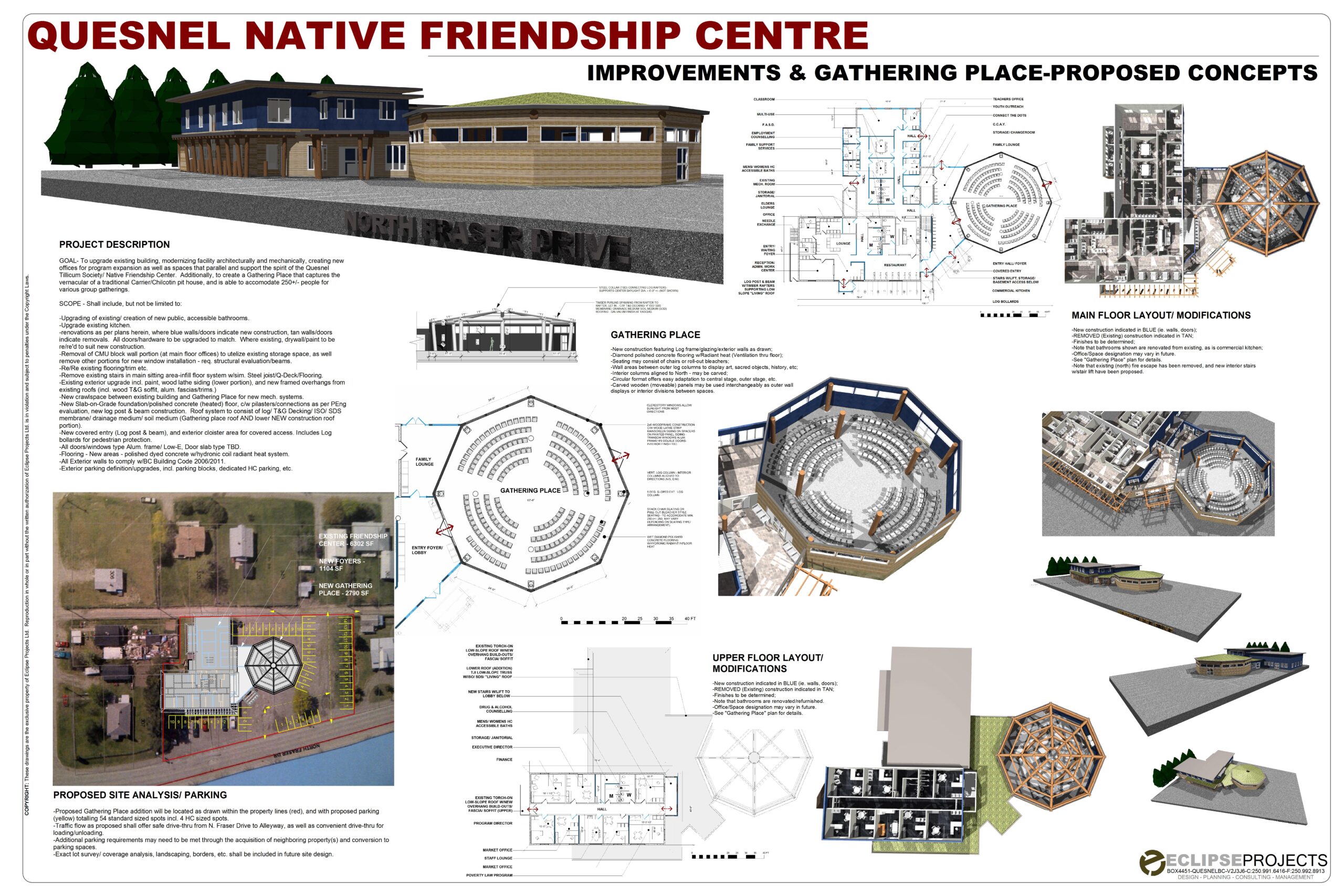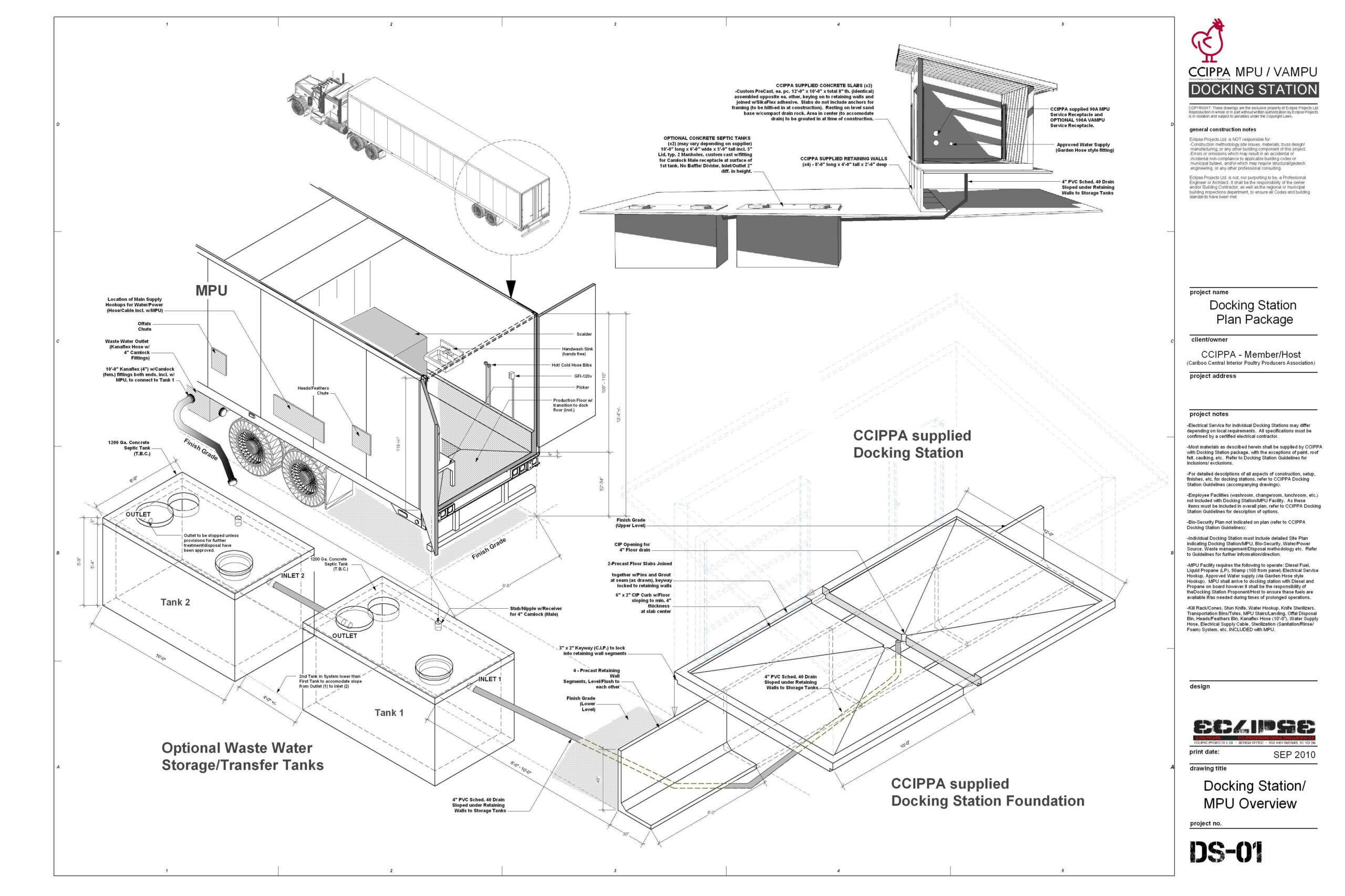
Permitting and Approvals
Securing permits and approvals is a crucial step in the Eclipse Project, which focuses on design and drafting for commercial spaces. This phase ensures that the project complies with all relevant regulations and is legally authorized to proceed.
Permits and approvals are essential for several reasons:
1. Legal Compliance: Ensuring that the project adheres to local, state, and federal regulations, including building codes, zoning laws, and environmental standards.
2. Safety: Verifying that the design meets safety standards, protecting the well-being of future occupants and the general public.
3. Project Viability: Confirming that the project is feasible within the given regulatory framework, avoiding costly delays or modifications during construction.
Challenges and Solutions
Navigating the permitting and approvals process can present several challenges:
1. Complex Regulations: Building codes and regulations can be complex and vary widely between jurisdictions. Solution: Stay informed about local regulations and work closely with experts who have experience in the specific area.
2. Lengthy Process: The permitting process can be time-consuming, potentially causing project delays. Solution: Begin the process early and maintain open communication with regulatory authorities to expedite reviews.
3. Documentation Requirements: Providing detailed and accurate documentation is essential for approval. Solution: Ensure all plans and documents are thorough and professionally prepared, addressing all potential concerns.
Key Permits and Approvals
The specific permits and approvals required can vary depending on the project’s location and scope. Common permits and approvals for commercial design projects include:
1. Building Permit: The primary permit required for any construction project, confirming that the design meets all building codes and standards.
2. Zoning Approval: Ensures that the project complies with local zoning regulations, including land use, building height, and density restrictions.
3. Environmental Permits: Required for projects that may impact the environment, addressing issues such as air quality, water runoff, and soil contamination.
4. Fire Department Approval: Ensures that the design includes adequate fire safety measures, such as fire exits, alarms, and suppression systems.
5. Health Department Approval: Necessary for projects involving food service, healthcare, or other sectors with specific health regulations.
6. Accessibility Compliance: Ensures that the design meets accessibility standards, such as the Americans with Disabilities Act (ADA), providing equal access for all individuals.
Securing permits and approvals is a vital phase in the Eclipse Project, ensuring that the commercial design adheres to all legal and safety requirements. By carefully navigating the complex landscape of regulations and requirements, the Eclipse Project can proceed confidently, laying the groundwork for a successful and compliant commercial space.
Innovation Unleashed: Empowering Your Ideas to Eclipse Boundaries.










